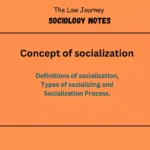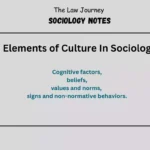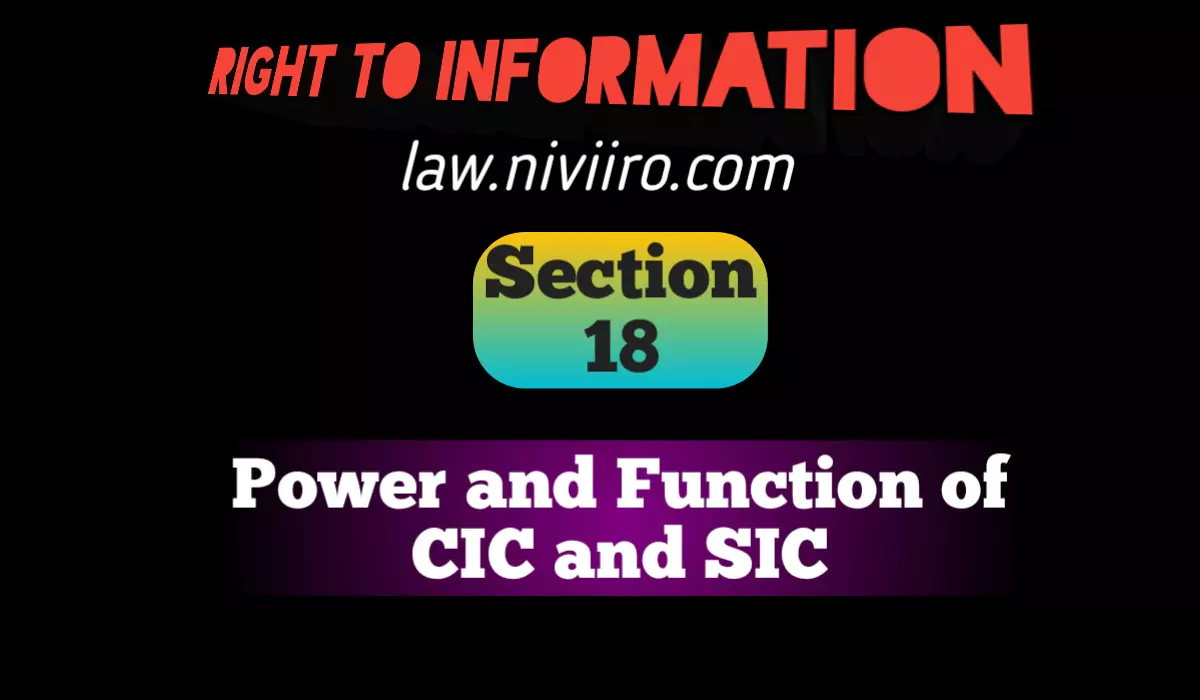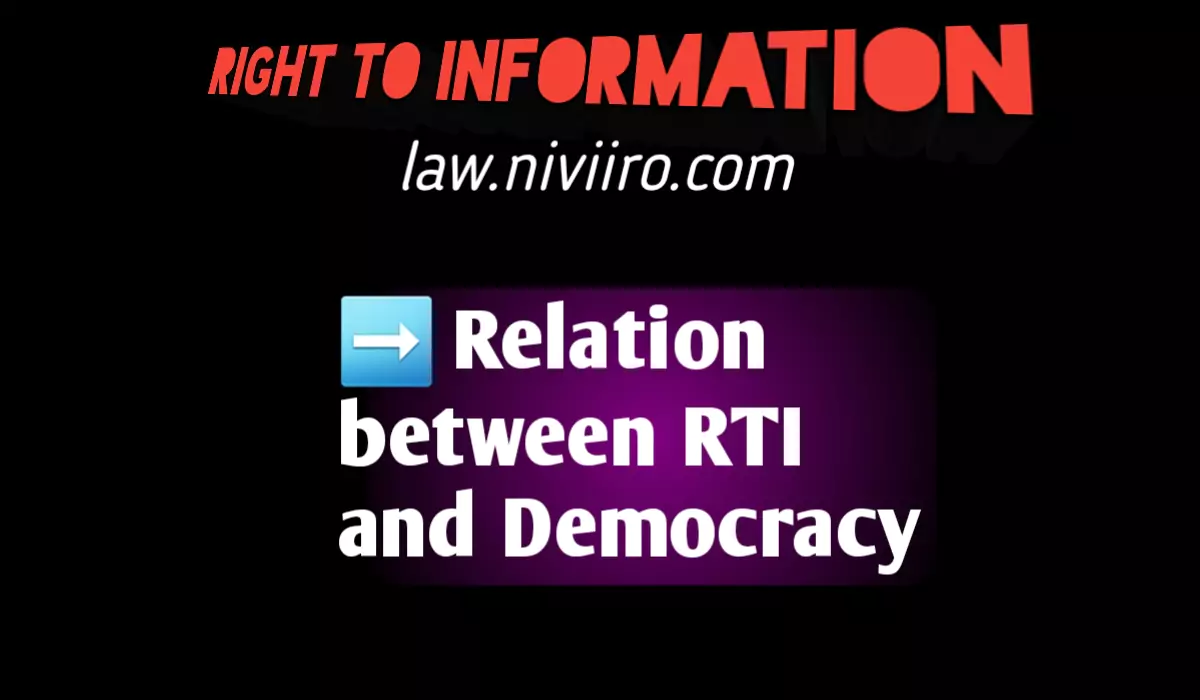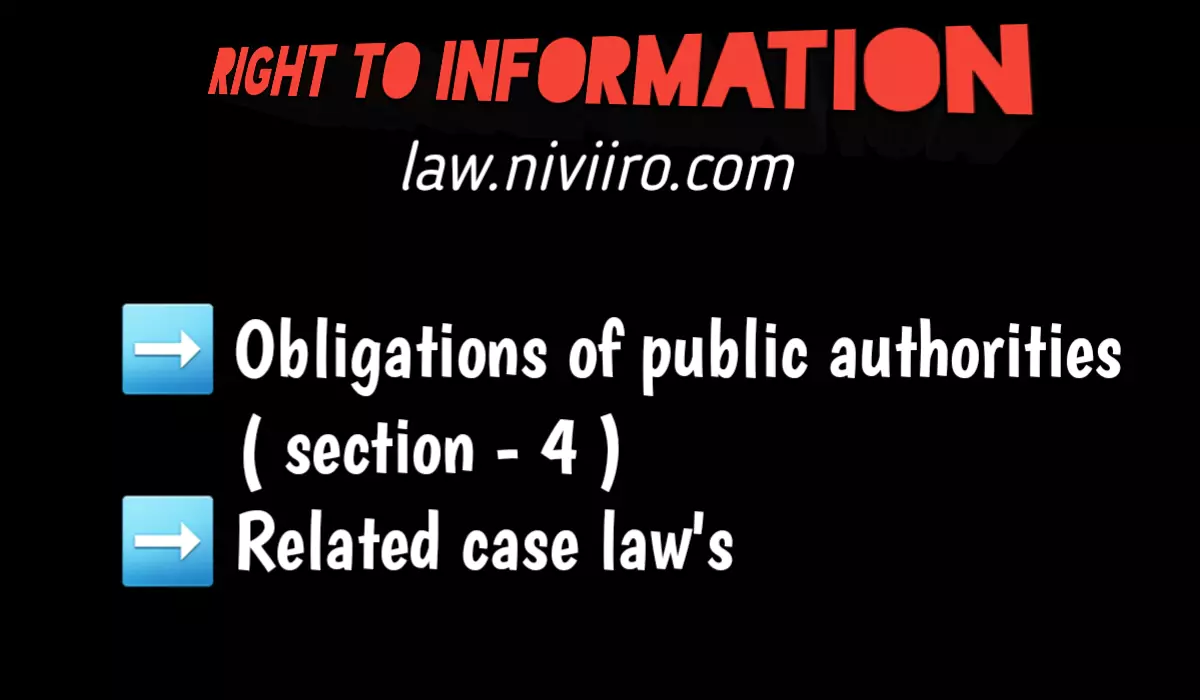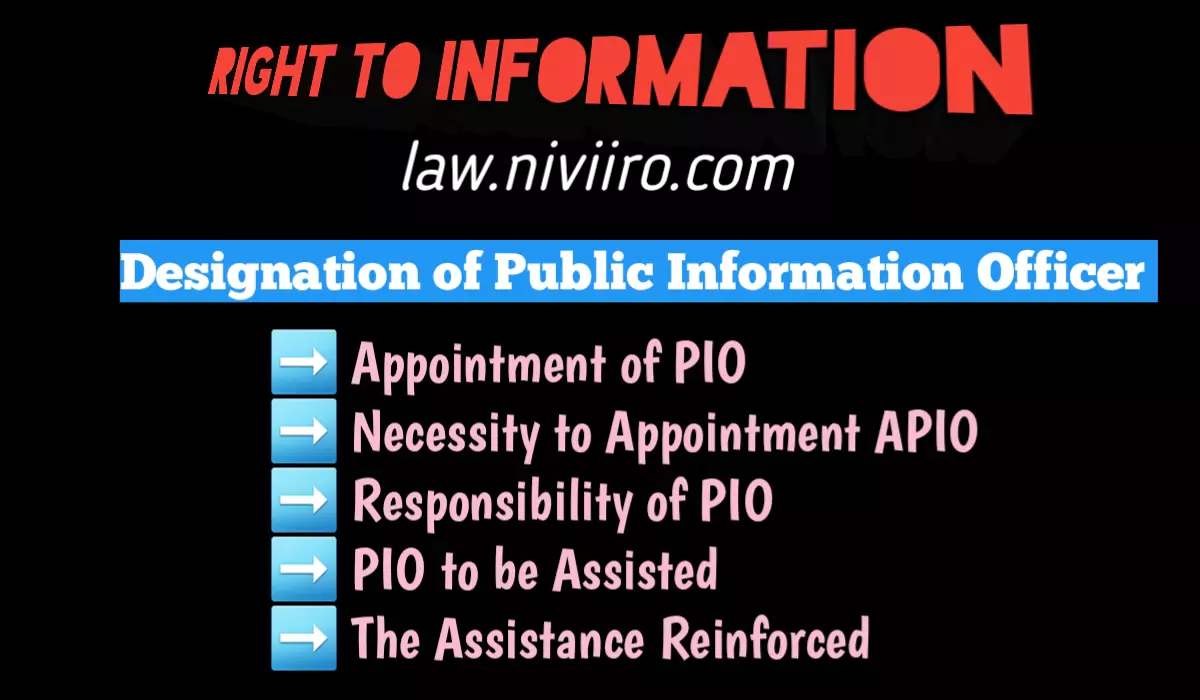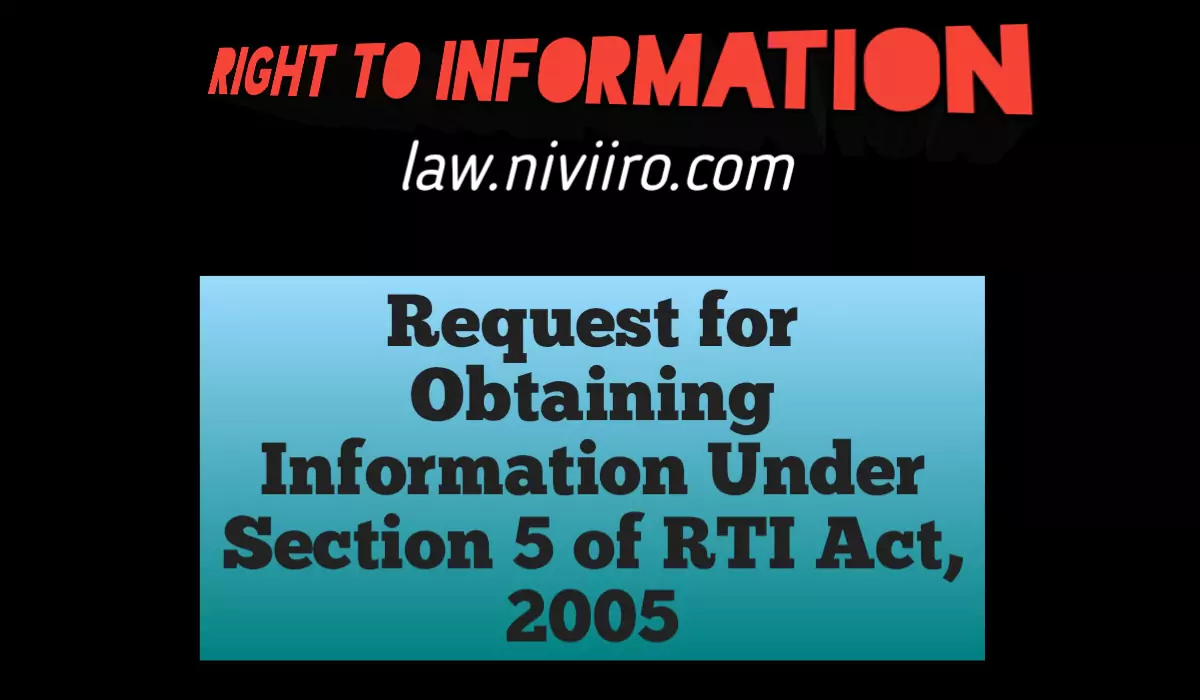Powers and functions of the Central Information Commission and State Information Commission – The provisions in relation to the functions of the Central Information Commission and the State Information Commission are given in section 18 of the Right to Information Act. Section 18 has a total of four sub-sections relating to the powers and functions of the Central Information Commission and the State Information Commission.
According to section 18 (1), the Central Information Commission or the State Information Commission should, subject to the provisions of this Act, investigate and receive complaints from the persons mentioned in this section.
Person who will receive the complaint are as follows –
- Who could not submit the request for information because no information officer has been appointed by the public authority or the application for information or appeal under this sub-section has been made by the Public Information Officer or Assistant Public Information Officer under section 19 (1) has refused to accept to forward the application to the specified senior officer or Information Commission.
- Access to any information requested under this act is denied.
- Answer has not been given for access to information within the stipulated time frame.
- Unreasonable fees have been demanded.
- One who believes that there is false and incomplete information given under fear.
- The request or access to the act that relates to it.
Section 18 (2) of the Act empowers the Information Officer to be investigated on reasonable grounds.
Powers of Central Information Commission and State Information Commission
Section 18 (3) of the Right to Information Act 2005 provides for the powers of the Central Information Commission and the State Information Commission.
As per Section 18(3) of the Act the Central Information Commission and the State Information Commission shall have the same powers in relation to the investigation in these sections as are vested in the Civil Court while trying any suit under the Code of Civil Procedure, 1908 in respect of the following matters, namely –
A. Forcing a person to present documents or things for issuing summons, appearing and giving oral or written evidence on oath.
This sub-section provides legal strength to the procedures adopted by the Commission during the course of inquiry. Notwithstanding the powers vested in the Commission under the Act, it is not a judicial body but it is a statutory institution. However, to conduct an inquiry a process has to be adopted in which attendance of persons and presentation of documents have to be ensured. ror this purpose the Commission requires the legal force and support for successful conduct and conclusion of such inguiry. Therefore, keeping in view of this requirement this sub-section vests powers of Civil Court under Code of Civil Procedure, 1908 in respect of matters specifically mentioned under the sub-section clauses (a) to (f).
B. Expecting disclosure and inspection of documents.
When a particular document is required to be inspected or discovered durine the course of enquiry before the Commission, such document may be ordered to be produced by the Commission. If required under the circumstances, the Commission may issue search warrants also for that purpose and may authorize to unlock or enter upon the premises for the purpose of recovery of such document Alternatively, the Commission may authorize the inspection of such documents at any place or in custody of any person or authority.
C. Acquisition of evidence on affidavit.
The Commission may receive evidence by way of affidavit. If the Commission so feels, it may direct any person or institution to file an affidavit in a matter of enquiry being conducted by the Commission to clarify certain issues or to place certain facts on the record of the Commission. The person or institution so ordered by the Commission would be bound to file such affidavit under the provisions of the Civil Procedure Code.
D. Soliciting any public record or copy thereof from any court or office.
If any particular record is required during the course of such enquiry by the Commission which is in the custody of some court or office, the Commission may call for such record by way of a requisition order to be issued to the person holding such record in that office or the court. If such record is not produced in spite of such order, the provisions of Civil Procedure Code to force the production of such record may be resorted to by the Commission.
E. Issuing summons for examination of persons or documents.
If during the course of any enquiry the examination of a witness or document is required, the Commission may issue summons for the attendance of such witness or for the production of such record or document. In case the summons is not responded to, in spite of due service, the Commission may fore the attendance of such person or production of such record.
F. Any other matter to be prescribed.
Commission may adopt any of the procedures prescribed under the Civil Procedure Code for the successful conduct of enquiry regarding any other subject also, which has not been enumerated herein. The powers of the Civil Court are available to the Commission for this purpose as per provisions of the Civil Procedure Code. This is a miscellaneous provision to take care of the unvisualised and unforeseen situation arising before the Commission during the course of enquiry.
Section 18 (4) of the Act provides that the Information Commission may examine any record “provided that the Act applies to it and is under the control of the public authority and the records are not withheld on any basis. Notwithstanding anything inconsistent in any other Act made by Parliament or the Legislature on this record, section 18 (4) of this Act shall be effective i.e. the record shall be examined.
In the matter of State of Gujarat v. Pandya Vipul Kumar Dinesh Chandra (A.I.R. 2009 Gujarat 12), it was held that the Chief Information Commissioner has the power to give instructions for the supply of information and in some cases, if the information is not provided properly, it can take directions for purifying and providing such information.
In the matter of Praveen Kumar v. Western Railway, Jodhpur, C.I.C.O.K.A. 2007, it was held that the Commission is empowered to issue show cause notices. It may issue a show cause notice as to why imposition of penalty for delay and supply of information in transfer of application should not be imposed.
In the matter of Manoj Pai v.’Western Railway, Jodhpur, C.I.C./O.K.A. 2007, it was held that the Commission may consider the application for information a complaint and direct the responsible officer to supply information.
In the matter of Manipur State v. Chief Information Commissioner (A.I.R. 2010), it was held by the court that when a complaint is made about the failure to give the requested information by the State Public Information Officer within the time limit, the State Information Commission is expected to give the concerned parties sufficient opportunity and necessary steps in this, regard. It will ascertain whether there is sufficient justifiçation for not giving the request for information within the stipulated time.
Related Post | Powers and functions of the Central Information Commission and State Information Commission
- Central Information Commission | Composition | Term | Removal
- State Information Commission | Composition | Term and service | Removal
- Third Party Information Under RTI Act, 2005
- Meaning of RTI | Background | Objects
- Severability Under the RTI Act, 2005 | Section 10
- Relation between RTI and Corruption
- Grounds For Rejection to Access Information In Certain Cases under RTI Act, 2005
- Exemption From Disclosure of Information under RTI Act, 2005
References
- The RTI Story: Power to the People by Aruna Roy, 2018
- Commentary on The Right to Information Act by J. N. Barowalia, 2010
- Right To Information Law & Practice by R. K. Verma, 2010
- Right to Information by K. B. Rai, 2020













